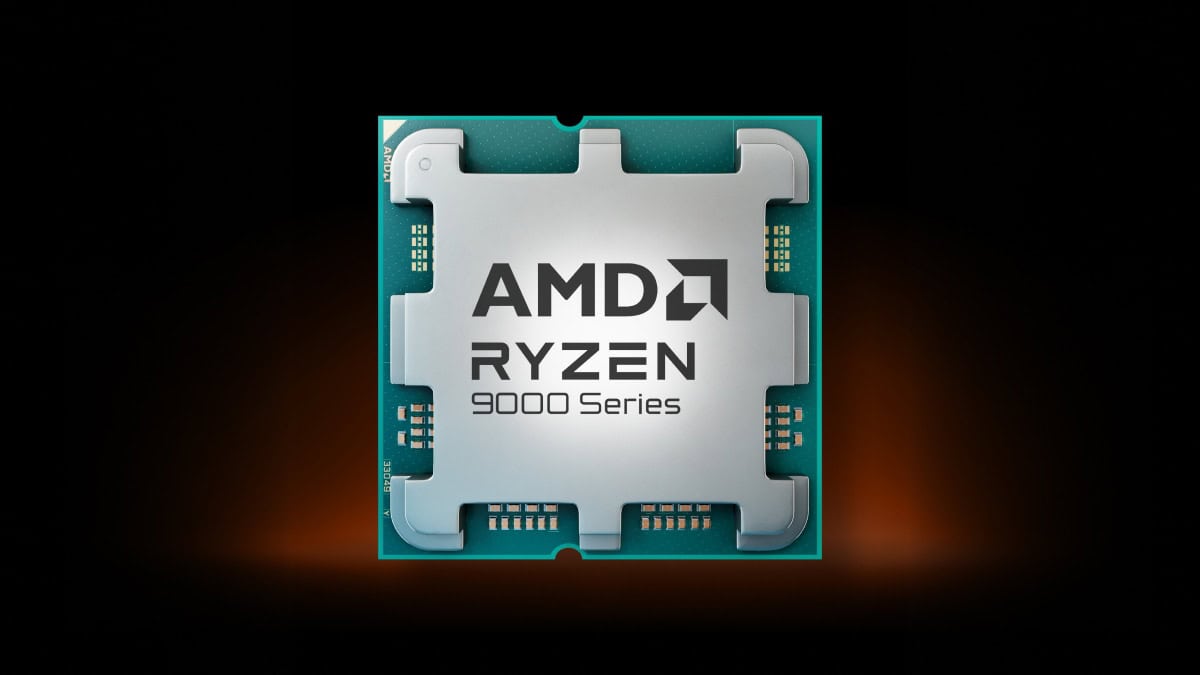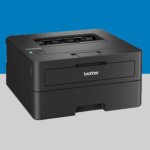AMD recently announced its groundbreaking AI PC processors at CES 2025, showcasing major advancements in performance and gaining support from Dell. The new Ryzen AI processors, aimed at both desktops and laptops, signify a shift in personal computing, making AI integration a central focus. With partnerships with leading manufacturers, AMD is positioned to redefine user experiences in an increasingly AI-driven market.
AMD Charges into the Future of AI Computing at CES 2025
AMD made a big splash at CES 2025, showcasing its dedication to advancing AI technology in personal computers. The company unveiled a range of new processors designed to bring the power of AI to everyday users. Let’s take a closer look at the key announcements.
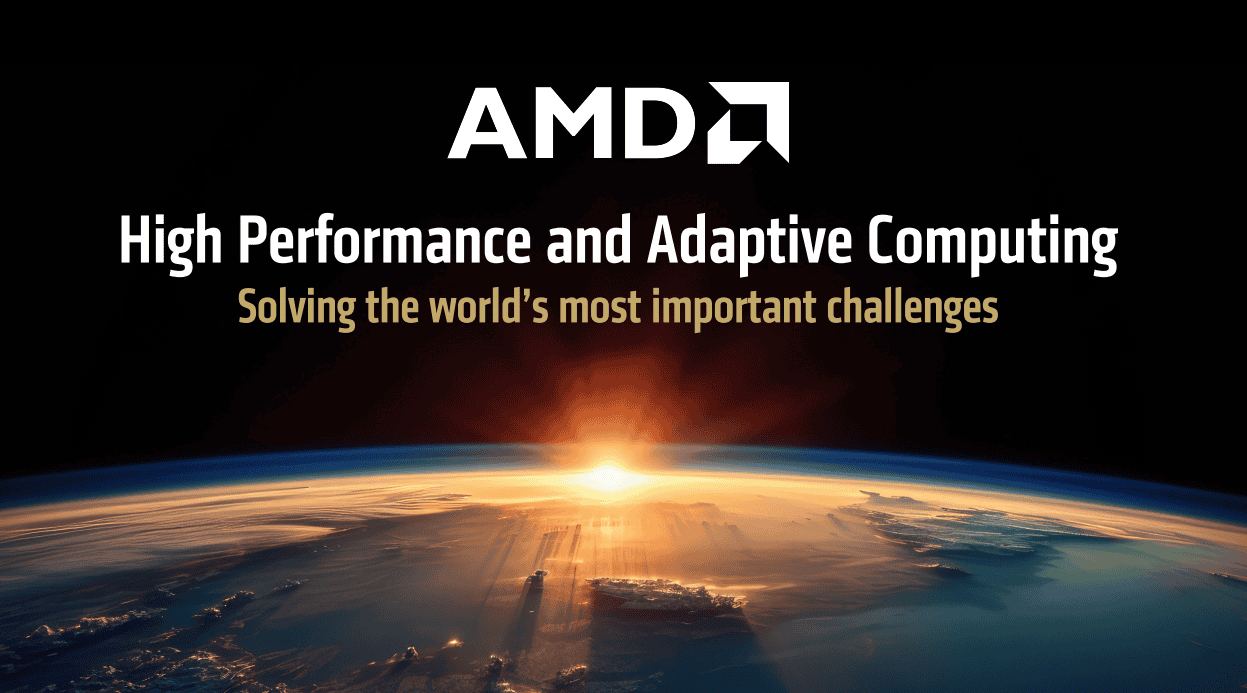
New Ryzen AI Processors for Every User
AMD introduced new Ryzen AI 7 and 5 series processors, codenamed “Kraken Point.” These chips expand AMD’s AI capabilities to a wider audience and a broader range of devices. This means more people can experience the benefits of AI in their daily tasks.
AMD also announced Ryzen AI Max mobile processors (“Strix Halo”). These combine high performance with dedicated AI capabilities for a significant boost in AI-powered tasks on laptops. Imagine having workstation-like AI power in a thin and light laptop!
| Processor Series | Target Users | Key Features |
|---|---|---|
| Ryzen AI 7 and 5 (“Kraken Point”) | Mainstream consumers | Brings AI capabilities to a wider range of devices |
| Ryzen AI Max (“Strix Halo”) | Laptop users needing high AI performance | Combines high performance with dedicated AI for laptops |
New AMD Gaming Chips
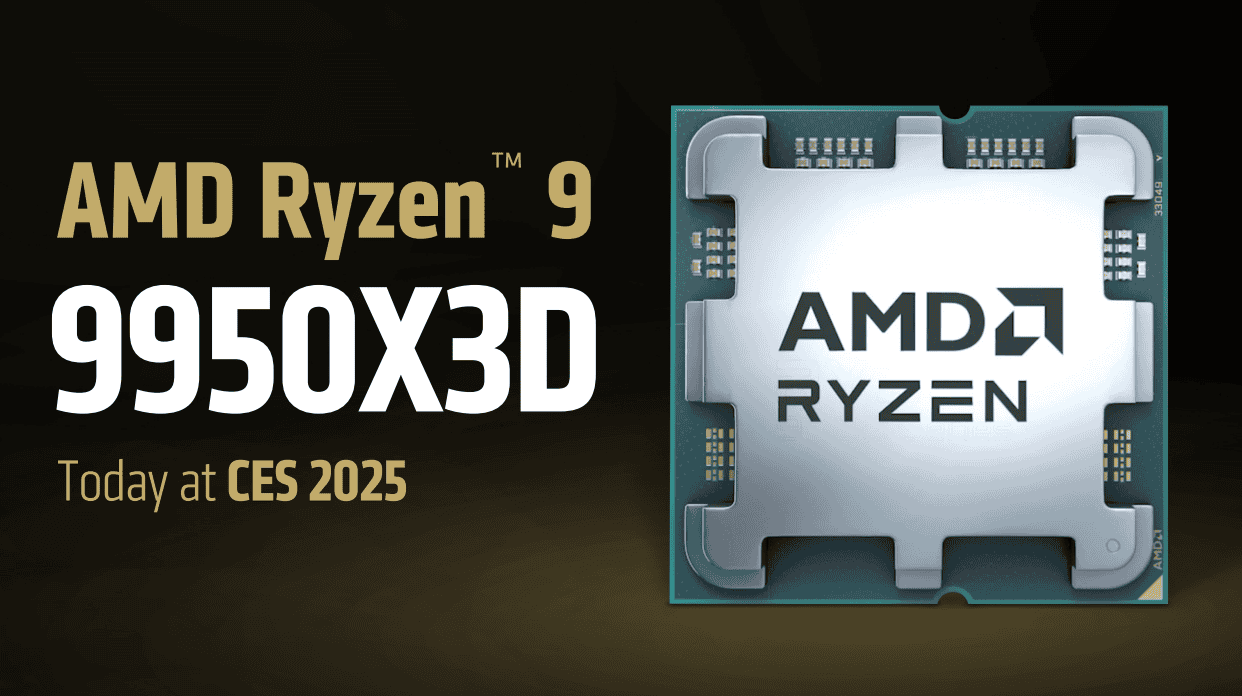
AMD has expanded its Ryzen 9000X3D processor lineup by introducing two new models: the 16-core Ryzen 9 9950X3D and the 12-core Ryzen 9 9900X3D. Both processors are built on the Zen 5 architecture and utilize 3D V-Cache technology to enhance performance. Unlike previous generations, where the 3D V-Cache was stacked on top of the core complex die (CCD), AMD has redesigned it to be placed below.
This change allows for improved clock speeds that are comparable to those of standard Ryzen 9000 CPUs.The Ryzen 9 9950X3D features a base clock speed of 4.30 GHz and a boost clock of 5.70 GHz, making it faster than the Ryzen 9 9800X3D. The Ryzen 9 9900X3D also offers a higher boost clock than the 9800X3D, with a speed of 5.50 GHz. According to AMD, the 9950X3D delivers an average performance increase of 8% in gaming compared to the 7950X3D and a 20% advantage over Intel’s Core Ultra 9 285K. In productivity tasks, it shows a 13% improvement over the 7950X3D and a 10% advantage over the 285K.
Both the Ryzen 9 9950X3D and 9900X3D are expected to be available in the first quarter of 2025. While it is currently challenging to provide a completely accurate comparison, as independent benchmarks for the 9900X3D and 9950X3D are still emerging, we can reference AMD’s official data and early reports for context. Here is a comparison table of the three CPUs:
| Feature | Ryzen 7 9800X3D | Ryzen 9 9900X3D | Ryzen 9 9950X3D |
|---|---|---|---|
| Cores/Threads | 8/16 | 12/24 | 16/32 |
| Base Clock | 4.7 GHz | 4.4 GHz | 4.3 GHz |
| Boost Clock | 5.2 GHz | 5.5 GHz | 5.7 GHz |
| L3 Cache | 104MB (8MB + 96MB V-Cache) | 140MB (12MB + 128MB V-Cache) | 144MB (16MB + 128MB V-Cache) |
| TDP | 120W | 120W | 170W |
| Memory Support | DDR5-5600 | DDR5-5600 | DDR5-5600 |
| Architecture | Zen 5 with 3D V-Cache | Zen 5 with 3D V-Cache | Zen 5 with 3D V-Cache |
| Target Use | Gaming | Gaming & Content Creation | Gaming & Content Creation |
| Price (USD) | $480 | Not officially released, expected to be around $600 | Not officially released, expected to be around $700 |
| Availability | Currently available | February 2025 | February 2025 |
9900X3D Specs
AMD has announced the Ryzen 9 9900X3D, a new processor with 12 cores and 24 threads. It can boost up to 5.5 GHz and has a large 140MB cache. This chip has a thermal design power (TDP) of 120W. In comparison, the Ryzen 9 9950X has a higher TDP of 170W. The 9900X3D’s maximum boost clock is 5.5 GHz, which is 100 MHz lower than the 9900X, but it still fits within the same 120W TDP. Both of these processors use 2nd Gen 3D V-Cache technology, which helps them run cooler and provides good options for overclocking, in addition to standard tuning features.
9950X3D Specs
The AMD Ryzen 9 9950X will be the fastest consumer gaming processor available this year. The Ryzen 9 9950X3D will have 16 CPU cores and can reach a maximum clock speed of 5.7GHz. The Ryzen 9 9950X3D has 128 MB of L3 cache and runs at a default speed of 4 GHz, but it can boost to 5.6 GHz depending on the workload.
Key Takeaways:
- Gaming Performance: While the 9950X3D has the highest core count and clock speed, early indications suggest the 9800X3D might still hold the edge in gaming due to its unified 3D V-Cache design. The 9900X3D and 9950X3D have V-Cache only on one CCD, which could impact performance in some games. More testing is needed.
- Content Creation: The 9950X3D is positioned as the top performer for content creation, with AMD claiming a 10% performance advantage over the Intel Core Ultra 9 285K in rendering tasks. The 9900X3D should also offer a good balance of gaming and content creation performance.
- Price and Value: The 9800X3D remains a strong value proposition for gamers, especially with its potential gaming performance advantage. The 9900X3D and 9950X3D offer more cores and higher clocks for those who need the extra horsepower for demanding tasks.
Important Note: This is a preliminary comparison. As more benchmarks and reviews become available, a clearer picture of the performance differences between these CPUs will emerge.
Dell Joins the AI Revolution
Dell expressed strong support for AMD’s new AI processors, announcing plans to include them in their upcoming PCs. This partnership with a major PC maker like Dell shows growing confidence in AMD’s AI technology.
AMD’s Vision for the Future of Computing
AMD emphasized the growing importance of AI performance in everyday computing. They highlighted how their new processors can make users more productive and improve their overall computing experience. Whether it’s faster multitasking or smoother video editing, AI is becoming essential for getting things done.
AMD’s CES 2025 announcements demonstrate their commitment to AI innovation and their growing role in the PC market. Their new Ryzen AI processors, along with strong industry partnerships, position AMD as a leader in the future of AI-powered computing.
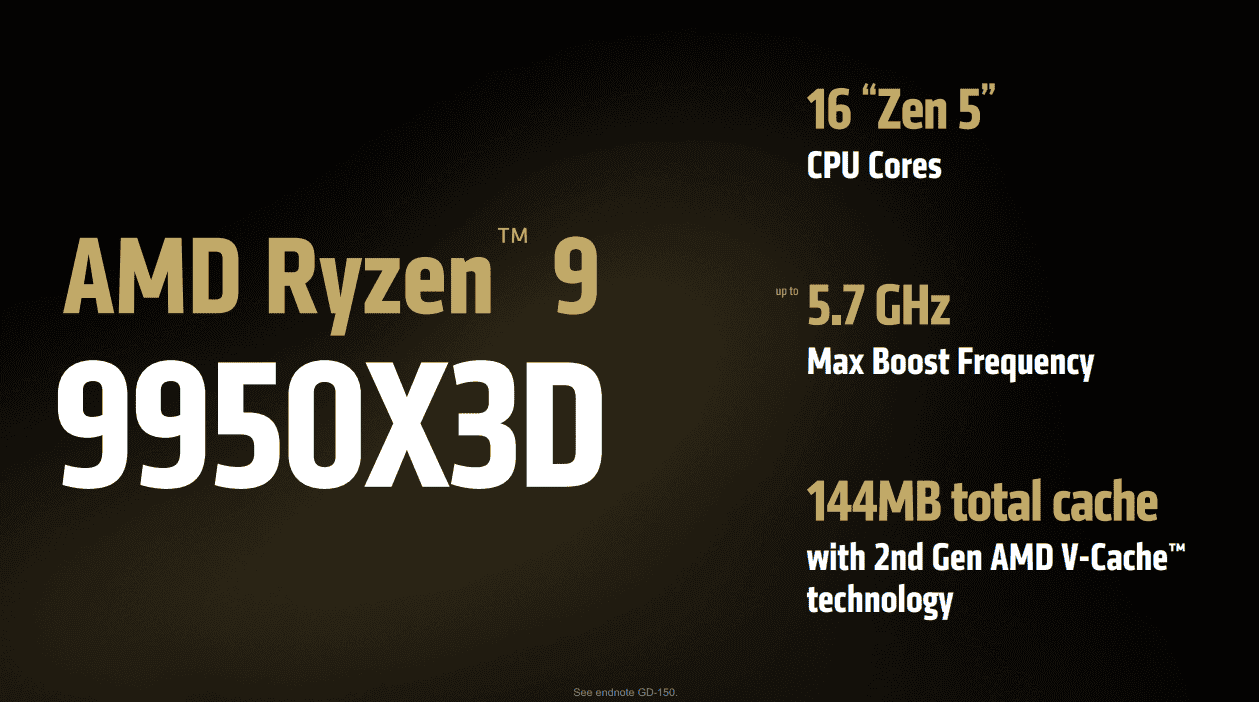
Short Summary:
- AMD launches next-gen AI processors aimed at enhancing productivity and creativity.
- Dell announces support for AMD’s new technology in its devices.
- The processors incorporate advanced AI capabilities, setting a new standard in the PC industry.
In a highly anticipated keynote at CES 2025, AMD unveiled its cutting-edge AI PC processors, marking a pivotal moment in the company’s strategy to enhance computing performance across various platforms. AMD’s Senior Vice President and General Manager of the Computing and Graphics Group, Jack Huynh, led the announcement, emphasizing the integration of innovative AI features designed to elevate both productivity and creativity. The company aims to cater to the demands of professionals, gamers, and content creators alike.
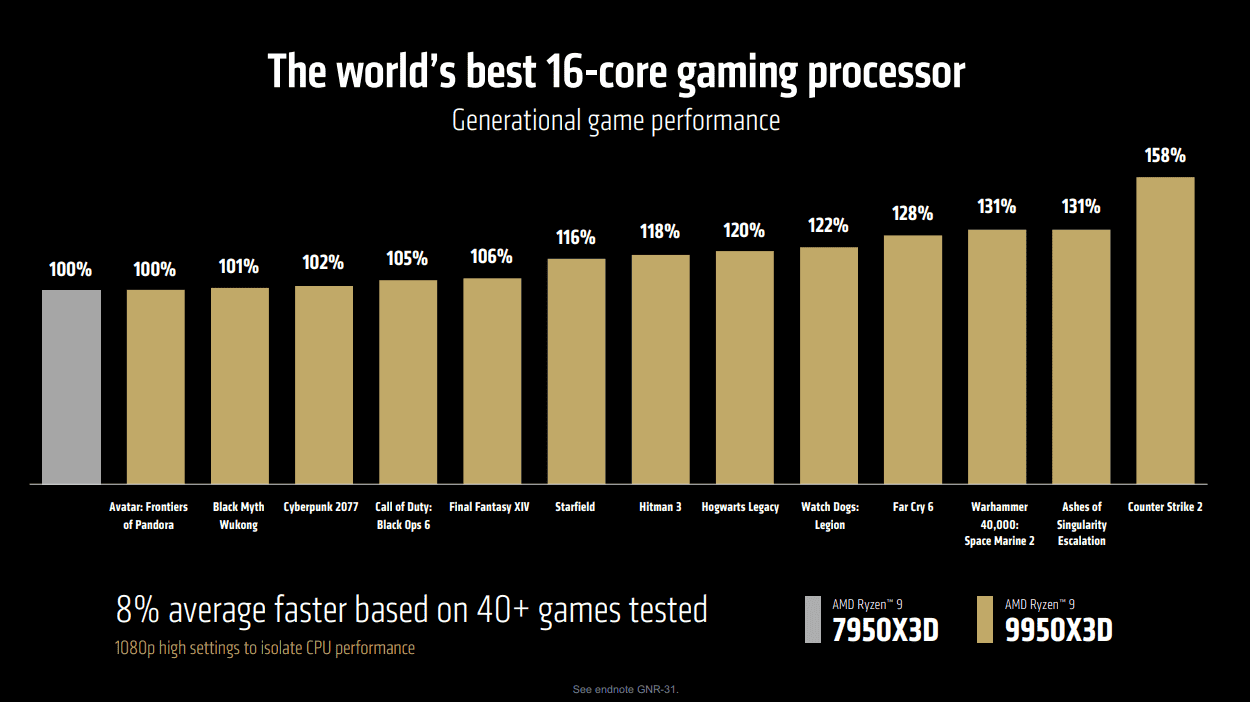
These new processors derive their power from AMD’s latest architecture and are accompanied by advanced neural processing units (NPUs) that promise to transform traditional computing experiences through AI-enhanced functionalities. During the presentation, Huynh stated:
“At AMD, we are committed to pushing the boundaries of technology. Our new AI processors are not just about performance; they’re about transforming how users interact with their computers, making tasks more efficient and creative processes more intuitive.”
AMD’s focus on leveraging AI is apparent as they outline their vision for the future of computing. These new chips have been designed to optimize workflows across industries, encouraging rapid and efficient project execution. Positioned to compete with industry giants like Intel and Nvidia, AMD is banking on its innovative approach to revolutionize the market.
Dell, a key industry partner, announced their commitment to incorporating AMD’s new technology into their business strategies. Their Chief Technology Officer, Amy Klobuchar, expressed excitement over the collaboration:
“Dell has always been at the forefront of technological adoption. By integrating AMD’s cutting-edge AI processors, we are setting ourselves up to deliver unparalleled performance and innovative solutions to our customers.”
This partnership is expected to lead to a series of high-performance laptops and desktops that leverage AMD’s advancements, catering to a multitude of applications. This means improved graphical rendering, seamless multitasking capabilities, and a more immersive user experience overall.
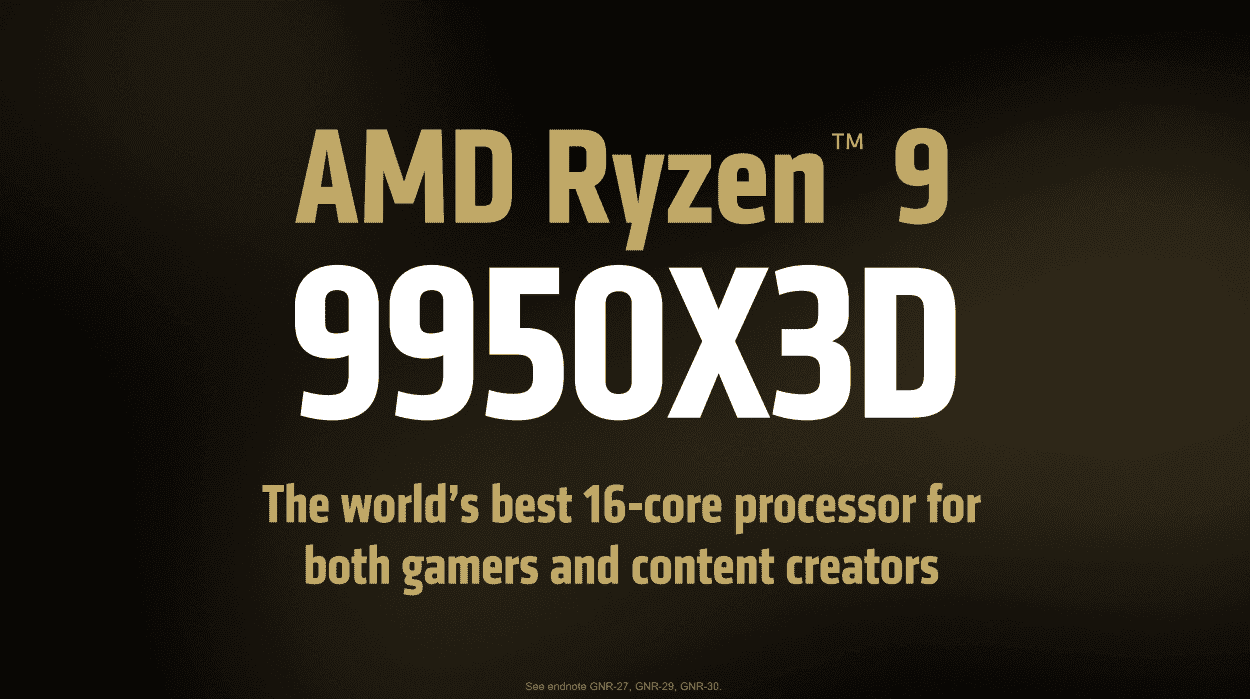
Technological Innovations and AI Focus
The new processors are poised to deliver substantial boosts in processing power while maintaining efficiency—an aspect that is increasingly important in today’s computing landscape. Some of the notable features include:
- AI Optimization: Algorithms and machine learning capabilities that adapt to user behavior for improved performance.
- Enhanced Power Efficiency: Lower power consumption without sacrificing performance, ideal for ultra-portable devices.
- Advanced Graphics: Integration of robust graphical capabilities to facilitate gaming and creative workflows.
AMD has indicated that its lineup will include not only desktop processors but also mobile units tailored for laptops, particularly those aimed at gamers and content creators. This dual focus on desktop and mobile experiences is key to meeting the demands of various consumer segments.
Furthermore, AMD’s new processors are built to support high-performance computing (HPC) and artificial intelligence operations, positioning the company as a leader in the AI-driven PC market. This strategy aligns well with the growing reliance on AI for data processing and gaming performance enhancements.
Market Context and Future Outlook
The launch comes at a time when AMD seeks to consolidate its market share amid fierce competition. In recent years, both Intel and Nvidia have ramped up their innovations and the stakes are high for AMD to maintain its edge. The 2025 computing landscape is expected to see rapid advancements, particularly in AI integration, with consumers eager for technology that enhances their computing experience.
Industry analysts anticipate a significant refresh cycle within enterprises as businesses upgrade their technology in light of these advancements. The clear demand for high-performance, AI-capable devices suggests that AMD’s new offerings could potentially capture a large portion of the market quickly.
“The competitive environment at CES 2025 shows that AI capabilities will be crucial for consumer electronics. AMD’s new processors could redefine how users interact with technology,” said David Chen, a senior technology analyst.
With a focus on effective implementation of AI across its processor lineup, AMD is well-positioned to influence future technological developments, potentially leading to new standards for efficiency, productivity, and creative capabilities.
Exciting Features Ahead
As part of their product reveal, AMD outlined several critical features of their AI PC processors:
- Real-time Adaptation: The processors will utilize AI algorithms to optimize performance based on task requirements and usage patterns.
- Enhanced Gaming Experience: Tailored graphics capabilities designed for immersive gaming environments.
- AI-Powered Productivity Tools: Applications that leverage machine learning to assist professionals in tasks like data analysis and creative design.
Additionally, AMD’s upcoming focus on their RDNA 4 graphics cards hints at a concerted effort to lead in the gaming sector, likely complementing their processor offerings. As noted by Huynh:
“Our advancements in graphics technology are crucial. We aim to provide users with the best experience, whether they are serious gamers or content creators.”
The integration of AI capabilities into these graphics cards will likely enhance performance per watt, addressing one of the most pressing issues consumers face today—heating and power consumption.
Partnering with OEMs for Broader Reach
AMD confirmed that over 100 enterprise platforms will support their new Ryzen AI Max PRO series processors by the end of 2025, partnering with renowned Original Equipment Manufacturers (OEMs) including Acer, HP, and Asus. This collaboration is set to broaden the availability and accessibility of these advanced technologies in consumer and commercial markets.
The anticipated demand for devices powered by AMD’s latest innovations indicates a promising future for the company, reinforcing its status as a forward-thinking brand in the competitive computing landscape.
As CES 2025 unfolds, AMD’s announcements continue to generate excitement among industry insiders and tech enthusiasts alike. The success of these products could herald a new era in personal computing that centers around the transformative power of AI, making everyday tasks not only more efficient but also more intuitive and enjoyable.

